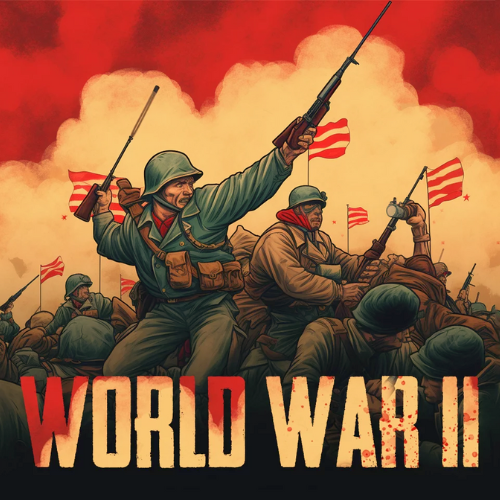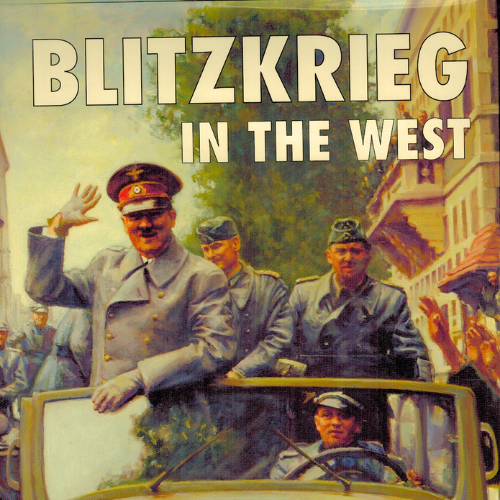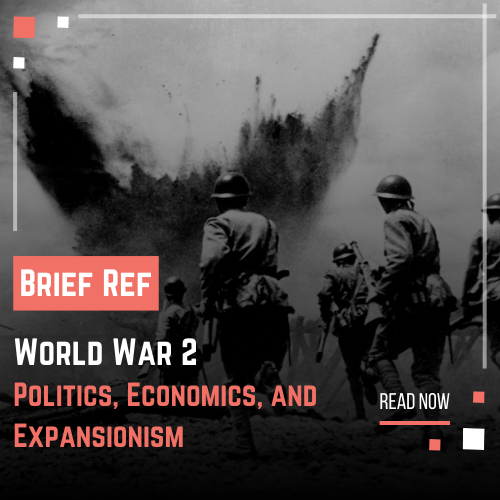Why World War 2 Happened
World War 2 was one of the most devastating conflicts in human history, claiming millions of lives and leaving the world in ruins. But what triggered this catastrophic event? To understand why World War 2 happened, we need to delve into the complex web of politics, economics, and expansionism that created the perfect storm.
The Treaty of Versailles
The Treaty of Versailles, signed in 1919, imposed harsh penalties on Germany, holding them responsible for the losses of World War I. This led to a massive financial burden, economic instability, and widespread resentment among the German people. The treaty’s clauses, including significant reparations and limitations on military capabilities, created a sense of injustice and humiliation in Germany, laying the groundwork for future conflicts.
Hyperinflation and the Rise of Extremism
In the early 1920s, Germany experienced severe hyperinflation, which devalued the currency and led to economic hardship and unemployment. This created a fertile ground for extremist movements, including the Nazi Party, to gain popularity. Adolf Hitler, a charismatic leader with a vision of a racially pure German Empire, seized the opportunity to rise to power.

Hitler’s Policies and Expansionism
Hitler’s policies were centered around creating a powerful German state, free from the constraints of the Treaty of Versailles. He aimed to annex Austria and Czechoslovakia, and his military expansions were fueled by propaganda and support from some Austrians. The annexation of Austria, also known as Anschluss, marked the beginning of Hitler’s aggressive expansionism.
The Munich Agreement and Appeasement
The Munich Agreement, signed in September 1938, allowed Hitler to annex the Sudetenland in Czechoslovakia, demonstrating the failure of appeasement strategies employed by European leaders. The British and French governments hoped that by giving in to Hitler’s demands, they could avoid further conflict. However, this only emboldened Hitler, and he continued to pursue his expansionist policies.
Blitzkrieg and Military Supremacy
Hitler’s military strategy, known as Blitzkrieg, emphasized rapid attacks using tanks and air support for swift victories. The use of performance-enhancing drugs by German soldiers provided significant advantages in warfare, despite the long-term health risks involved. This military supremacy allowed Germany to quickly conquer several European countries, including Poland, Denmark, and France.

Invasion of Poland and the Outbreak of War
The invasion of Poland in September 1939 marked the official start of World War II. The British and French declared war on Germany, leading to widespread conflict across Europe. Hitler’s focus on invading Poland was motivated by his desire to gain strategic control over Eastern Europe and to enforce his vision of a German Empire.
The Stage for Future Conflicts
Hitler’s dominance over Europe, including countries like Austria, Poland, and France, showcased his expanding power. This strategic control set the stage for future conflicts, including the Battle of Britain and the invasion of the Soviet Union. The peace agreement between Germany and the Soviet Union provided Hitler with a false sense of security, leading him to underestimate the potential for British resistance.
Brief
Why World War 2 happened is a complex question with multiple factors contributing to the outbreak of the conflict. The Treaty of Versailles, economic turmoil, and Hitler’s rise to power created a perfect storm of politics, economics, and expansionism. Understanding these factors is crucial in appreciating the complexity of World War II and the lessons that can be learned from history.




